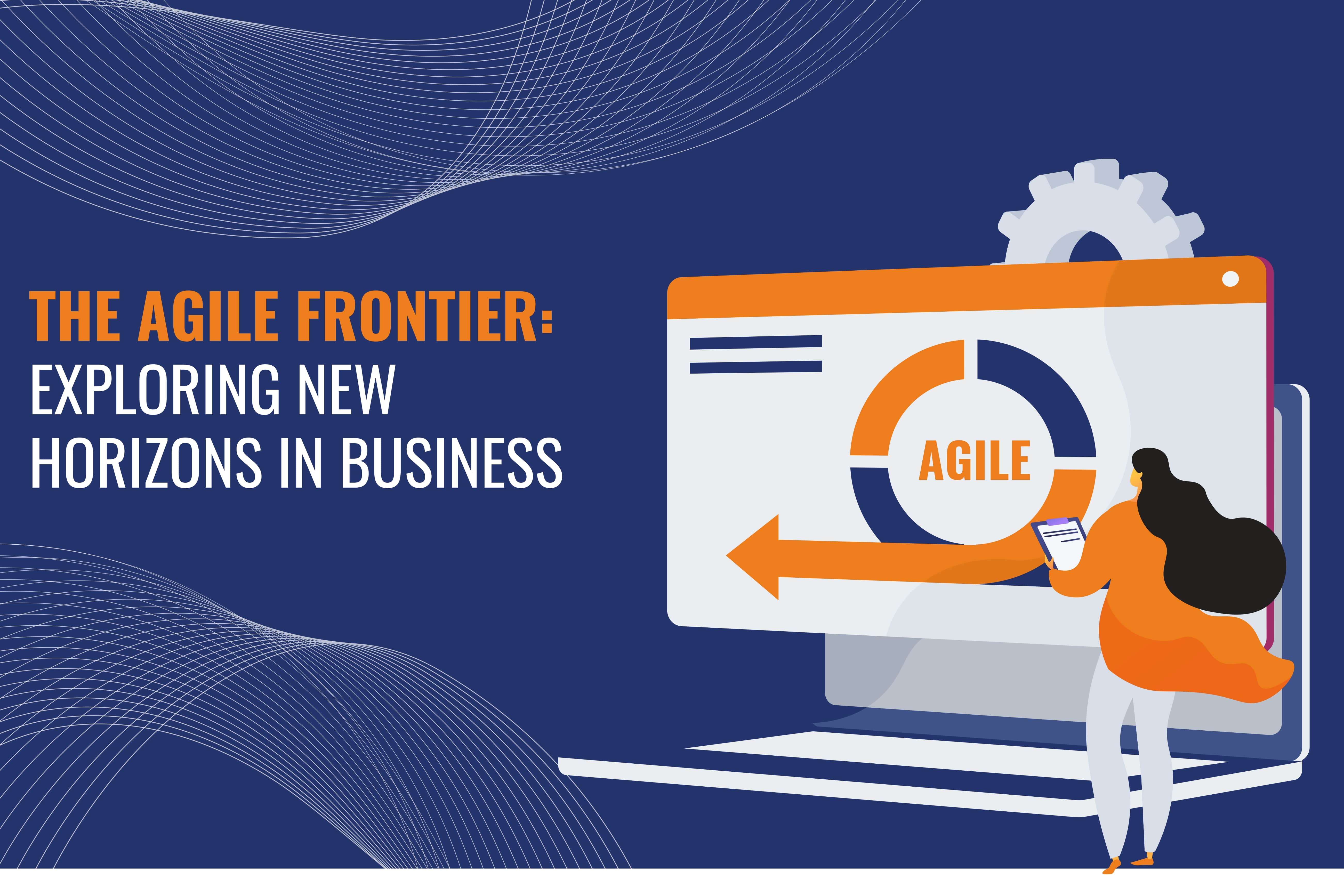
AI's Societal Impact Shaping the Future of Humanity
Artificial intelligence (AI) has quickly progressed from a specialized field of technology to a pervasive influence on how we conduct our daily lives. Its influence is felt in a number of industries, including healthcare, banking, entertainment, and transportation.
As AI continues to advance, its societal implications become increasingly profound. This article delves into the multifaceted ways AI is shaping the future of humanity, with a focus on its influence on technical training courses and programs in the corporate sector.
Understanding AI's Societal Impact
Transformation of Industries
AI's integration into industries is revolutionizing traditional workflows, enhancing efficiency, and creating new opportunities. Sectors like manufacturing, retail, and finance are leveraging AI for predictive analytics, process automation, and personalized customer experiences.
Employment Landscape
The widespread adoption of AI is reshaping the employment landscape. While some jobs may become obsolete due to automation, AI also creates new roles and demands skills that align with technological advancements. As a result, there is a growing need for technical training programs to upskill the workforce.
Ethical Considerations
AI's societal impact raises ethical concerns regarding privacy, bias, and accountability. Issues such as algorithmic bias in hiring processes or the misuse of AI-powered surveillance systems underscore the importance of ethical frameworks and regulations to ensure responsible AI deployment.
Healthcare Revolution
AI is transforming healthcare by making medication development, predictive diagnostics, and customized treatment strategies possible. Artificial intelligence (AI) is improving patient outcomes and revolutionizing the delivery of healthcare services, from robotic surgery aid to early disease diagnosis.
Education and Learning
AI-driven technologies are reshaping the education sector, offering personalized learning experiences and adaptive tutoring systems. AI-powered platforms analyze student data to provide tailored recommendations and feedback, optimizing the learning process.
AI and Technical Training Programs
Demand for Technical Skills
With the proliferation of AI technologies across industries, there is a surging demand for professionals with technical expertise in areas such as machine learning, data science, and cybersecurity. Technical training courses play a crucial role in equipping individuals with the requisite skills to thrive in the AI-driven economy.
Corporate Training Initiatives
Many corporations are investing in technical training programs to upskill their workforce and remain competitive in the digital age. These programs often include courses on AI fundamentals, programming languages, and specialized AI applications relevant to their industry.
Online Learning Platforms
The rise of online learning platforms has democratized access to technical training courses, allowing individuals to learn at their own pace and convenience. Platforms like Coursera, Udacity, and edX offer a wide range of AI-related courses taught by industry experts and academic institutions.
Hybrid Learning Models
To accommodate diverse learning preferences, some corporate technical training programs adopt hybrid learning models that combine online instruction with hands-on workshops or seminars. This blended approach maximizes learning outcomes by providing both theoretical knowledge and practical experience.
Continuous Learning Culture
In the era of rapid technological advancements, fostering a culture of continuous learning is essential for organizations to adapt and innovate. Technical training programs that promote lifelong learning empower employees to stay abreast of emerging AI trends and developments.
Challenges and Opportunities
Skills Gap
Despite the growing demand for AI-related skills, there exists a significant skills gap, with shortages in talent experienced across various industries. Addressing this gap requires concerted efforts from academia, industry, and government to develop comprehensive training initiatives and educational pathways.
Inclusive Access
Ensuring inclusive access to technical training programs is crucial for mitigating disparities and fostering diversity in the AI workforce. Initiatives such as scholarships, mentorship programs, and community partnerships can help broaden participation and create pathways for underrepresented groups.
Ethical Education
Incorporating ethical education into corporate technical training programs is essential for cultivating responsible AI practitioners. Courses on ethics, bias mitigation, and algorithmic transparency equip individuals with the knowledge and awareness to navigate ethical dilemmas in AI development and deployment.
Collaborative Ecosystem
Building a collaborative ecosystem where academia, industry, and policymakers work synergistically is vital for advancing AI research, innovation, and education. Public-private partnerships, industry-academic collaborations, and knowledge-sharing platforms facilitate the exchange of ideas and expertise, driving collective progress.
Final Words
Artificial Intelligence is undeniably reshaping the future of humanity, with far-reaching implications for society, economy, and governance. As AI continues to evolve, it is imperative to harness its potential responsibly, ensuring equitable access, ethical deployment, and inclusive participation.
Technical training courses play a pivotal role in preparing individuals and organizations for the AI-driven future, enabling them to adapt, innovate, and thrive in a rapidly changing landscape. By investing in education, fostering collaboration, and embracing ethical principles, we can harness the transformative power of AI to shape a future that benefits all of humanity.
